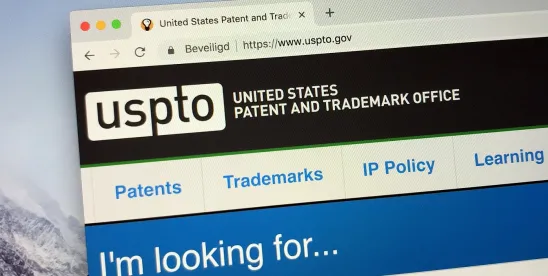Last May, the World Intellectual Property Organization (WIPO) adopted a new treaty related genetic resources and traditional knowledge thereof (the “Treaty”). The Treaty will impose new disclosure requirements on patent applicants to disclose the country of origin or source of genetic resources used in a claimed invention. Further, where applications are based on traditional knowledge associated with said genetic resources, such as from Indigenous Peoples or local communities, those sources must be disclosed too. Our previous discussion of the Treaty can be found here.
As of writing this, 38 WIPO member states are signatories to the Treaty, and on December 5, Malawi became the first ratifying nation. Once fourteen more member states follow suit, the Treaty will take effect.
The United States has yet to sign the Treaty but did previously seek public commentary on the issues of genetic resources and associated traditional knowledge, including on a draft version of the text. Now six months since the passage of the Treaty, the United States Patent and Trademark Office (USPTO) has taken its first steps in addressing it.
On January 17, the USPTO issued two notices on the Federal Register (the “Notices”), the first of which is a request for comments and notice of hearing, and the second of which is a notice of tribal consultation and request for written comments. The input sought by the USPTO in each is largely similar, mainly (1) should the United States sign and become a party to the Treaty, (2) is the Treaty consistent or inconsistent with existing U.S. patent law, tribal law, and international obligations, and (3) what are the impacts of implementing – or not implementing – the Treaty on US and tribal innovation and economies.
Per the Notices, the Treaty is open for signature until May 23, 2024 (12 months after adoption). Should the United States sign and then ratify the Treaty, it will enter into force three months after ratification by fifteen member states.
For those interested, written comments for the must be submitted by March 18 and April 28, 2025 for the first and second notices, respectively. Webinars for various tribal communities will occur on March 18-19 (Tribal Nations), March 27 (Native Hawaiian Communities and Pacific Islanders), and March 28, 2025 (State and non-recognized Tribes and Tribal organizations). The final hearing on all comments will then take place on April 29, 2025.




 />i
/>i

